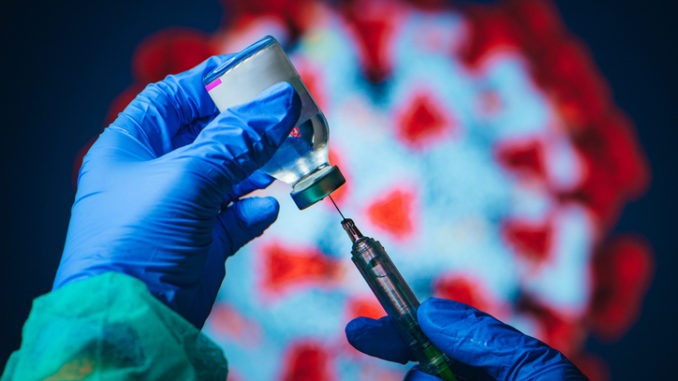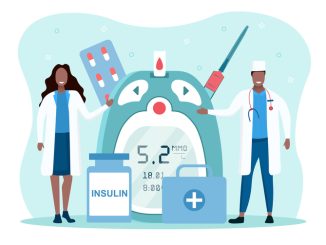
The Royal College of GPs is calling for a high-profile national campaign, supported by faith leaders and popular public figures from black, Asian and ethnic minority communities to support the effort to increase COVID-19 vaccine uptake amongst groups who have been disproportionately impacted by the virus
The results of a new College vaccine survey has found that 94% of GP respondents are experiencing a high uptake of the vaccine appointments being offered. However, a College analysis of NHS England’s latest COVID-19 vaccination figures shows that 90.6% of all recipients of COVID-19 vaccines so far have been white. Comparing uptake with other ethnicities shows that people of mixed ethnicity, Asian and black are, respectively, approximately only 33, 47 and 64% as likely to receive the vaccine as white people.
The College is concerned that many ‘vaccine hesitant’ patients may belong to those communities that have been worst hit by the virus, potentially creating swathes across the country where COVID-19 may remain a threat long after it’s necessary.
The College has already written to health and social care secretary Matt Hancock on the need to improve vaccine take-up amongst BAME communities and welcomed recently launched schemes, such as the appointment of community champions. However, it is now calling for a high-profile campaign supported by prominent figures, within BAME communities to effectively build on ongoing initiatives and deliver targeted ‘myth-busting’ messages that will increase public confidence in the vaccines and ensure that those from more vulnerable communities are better protected.
Numerous reports show that vaccination hesitancy within BAME communities may be down to several factors, including historic trust issues stemming from personal and collective experiences.
Professor Martin Marshall, chair of the Royal College of GPs, said: “GPs and our teams across the UK are pulling out all the stops to get as many people vaccinated as we possibly can, and the public as a whole seem to be responding positively – over three quarters of our GP members who responded to the College’s survey reported the COVID vaccination programme to be going well.
“However, vaccines only work if people take them and we know that our patients from black, Asian and ethnic minority communities have been impacted by COVID in more severe ways than other groups – with an increased risk of severe symptoms, more hospital admissions and in the worst cases, deaths. Ensuring that all our patients, particularly those who are considered high-risk, receive the vaccine when offered it must be addressed urgently.
“Society is changing, but we know that historic issues within healthcare and the wider society have, understandably, left some communities with mistrust and concerns. The best way to address these concerns is to ensure that they are heard and provide as much information and clarity as possible, but this information has the potential to be ignored if messages aren’t delivered by people who BAME communities can relate to and have confidence in.
“As GPs, we can provide the scientific evidence and reassurances that these vaccines have been rigorously tested and that they work. However, faith leaders and popular public figures from BAME backgrounds know their communities and have shared experiences. They often have huge influence and are the very heart of the communities to which they belong, and this could be invaluable in helping to deliver reassuring messages.
“Tackling COVID has been a collective effort and the College will continue to work alongside the four governments of the UK and others to ensure that everyone receives their COVID vaccine, irrespective of race or background. The last thing we want to see is this virus continuing to devastate BAME communities.
“The COVID vaccines are set to get us out of this pandemic, but increasing the uptake of the vaccine amongst black, Asian and minority ethnic patients will require more than the efforts of GPs and their teams. If prominent figures from BAME communities work with the NHS to help bust the myths around the COVID vaccine and help deliver clear and relevant messages about its safety, it may very well save lives.”


Be the first to comment